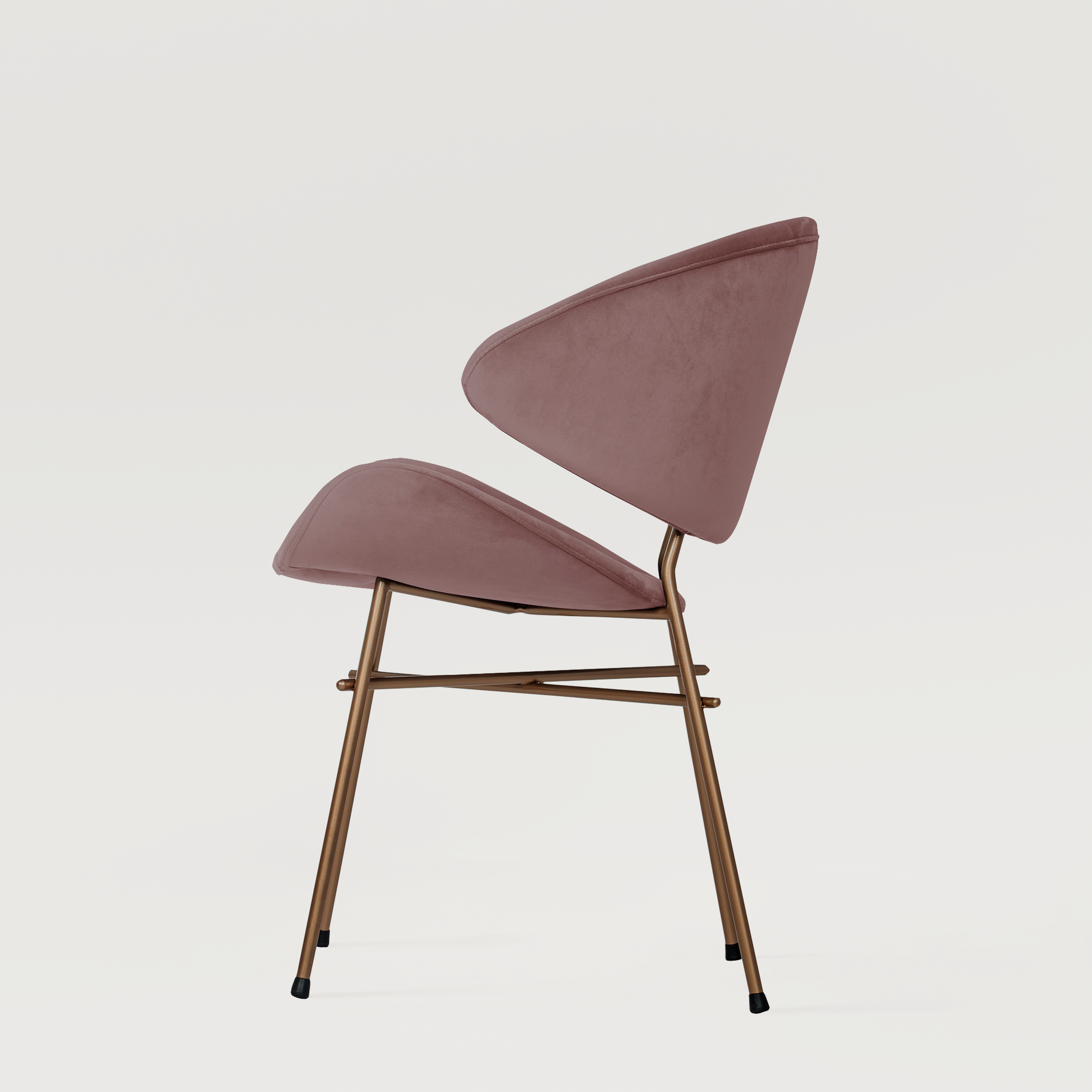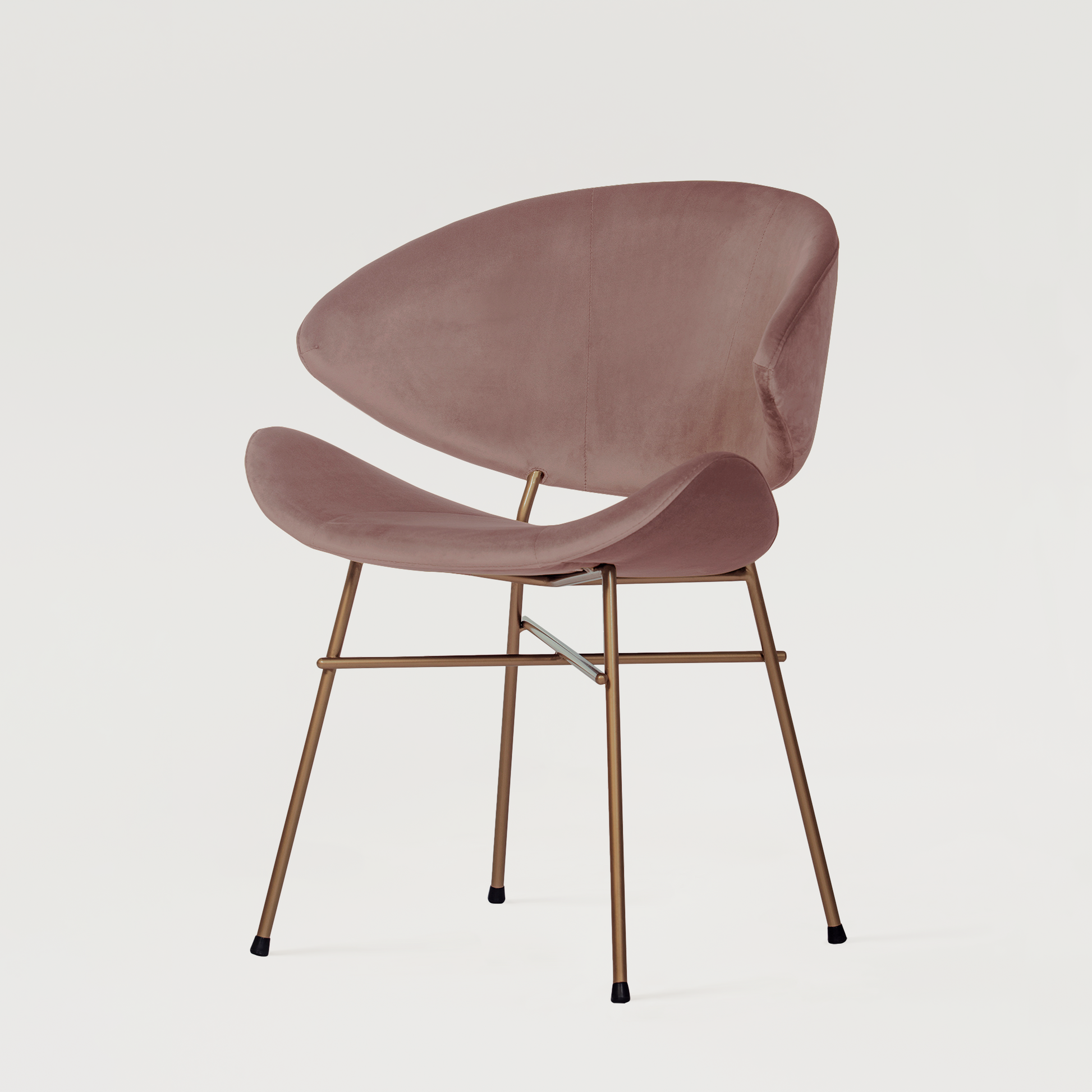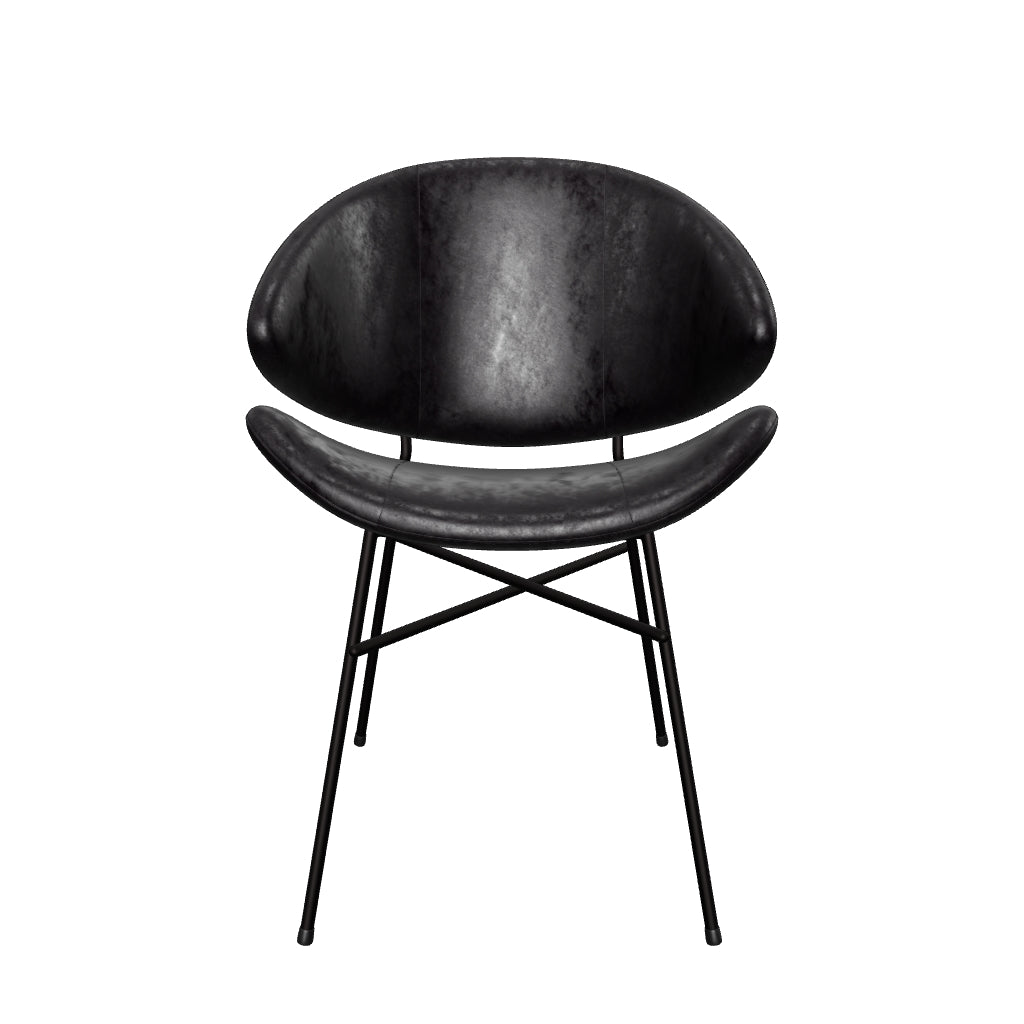Krzesło Cheri Velours Copper - Brudny Róż
Krzesło Cheri Velours Copper - Brudny Róż
Nie można załadować gotowości do odbioru
The modern Cheri Velours chair offers amazing functionality combined with subtle aesthetic qualities of the velour fabric. The ergonomic seat and backrest were designed primarily with the user’s comfort in mind. The right length and proper shape of the backrest provide space to rest our hands, which significantly contributes to the quality of use. The solid powder-coated base guarantees stability, while the chair retains its lightness and elegance. Different colour variants of the base – from modern chrome, through classic black, to stylish gold – and the velour fabric make this comfortable piece of furniture refine any interior by matching the predominant style of the given space.
Materials
Seat and backrest – plywood with soft foam padding, upholstered
Base – metal, powder-coated
Dimensions
Podziel się
MONTAŻ
MONTAŻ
Dostarczone meble są już zmontowane.
DOSTAWA
DOSTAWA
Mebel produkowany jest na zamówienie i jego dostawa może zająć do 30 dni roboczych.
Mebel zapakowany jest w jedno trwałe pudło, które zapewnia bezpieczeństwo podczas transportu. Samo opakowanie jest również przyjazne dla środowiska - używamy minimalnej ilości plastiku.
CZYSZCZENIE
CZYSZCZENIE
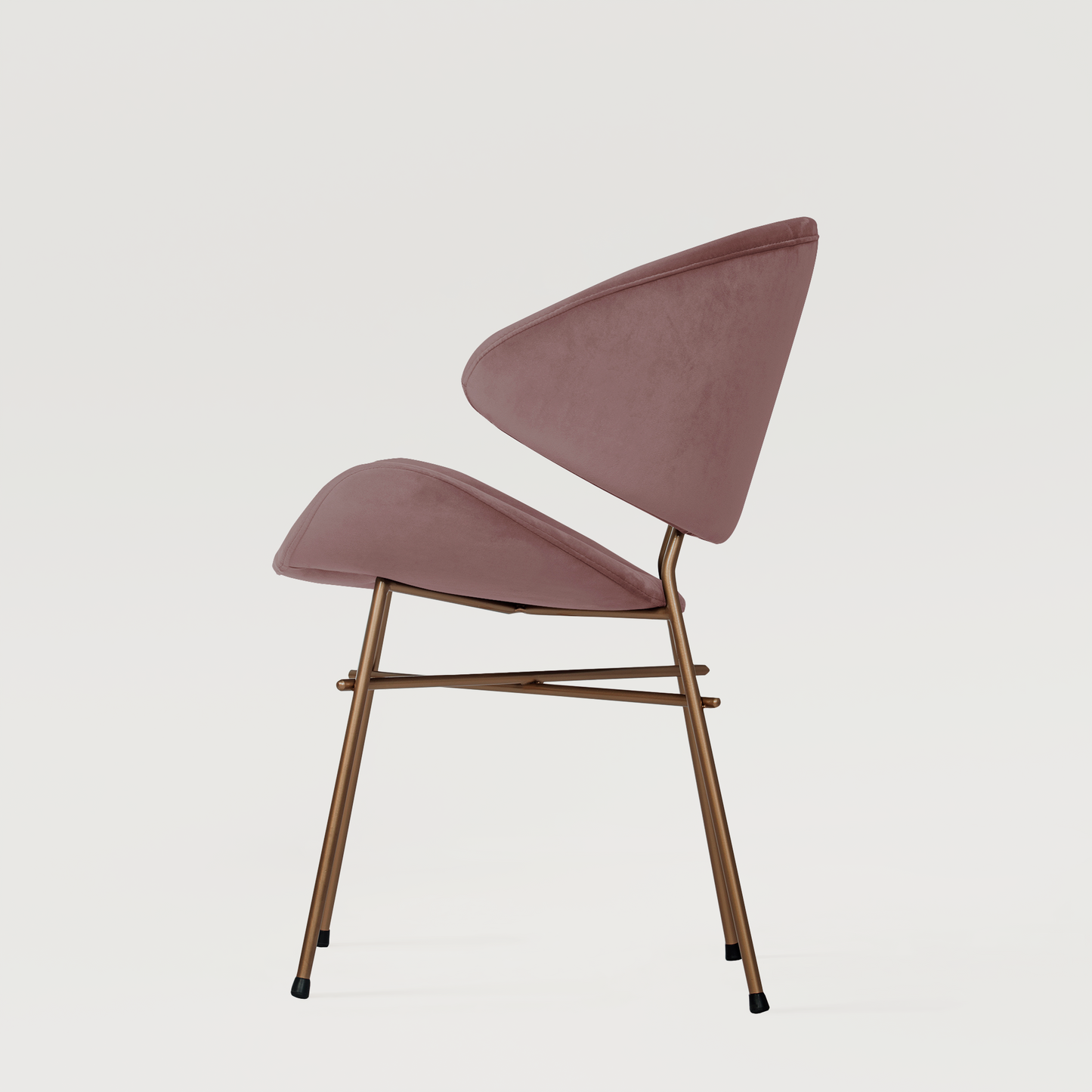
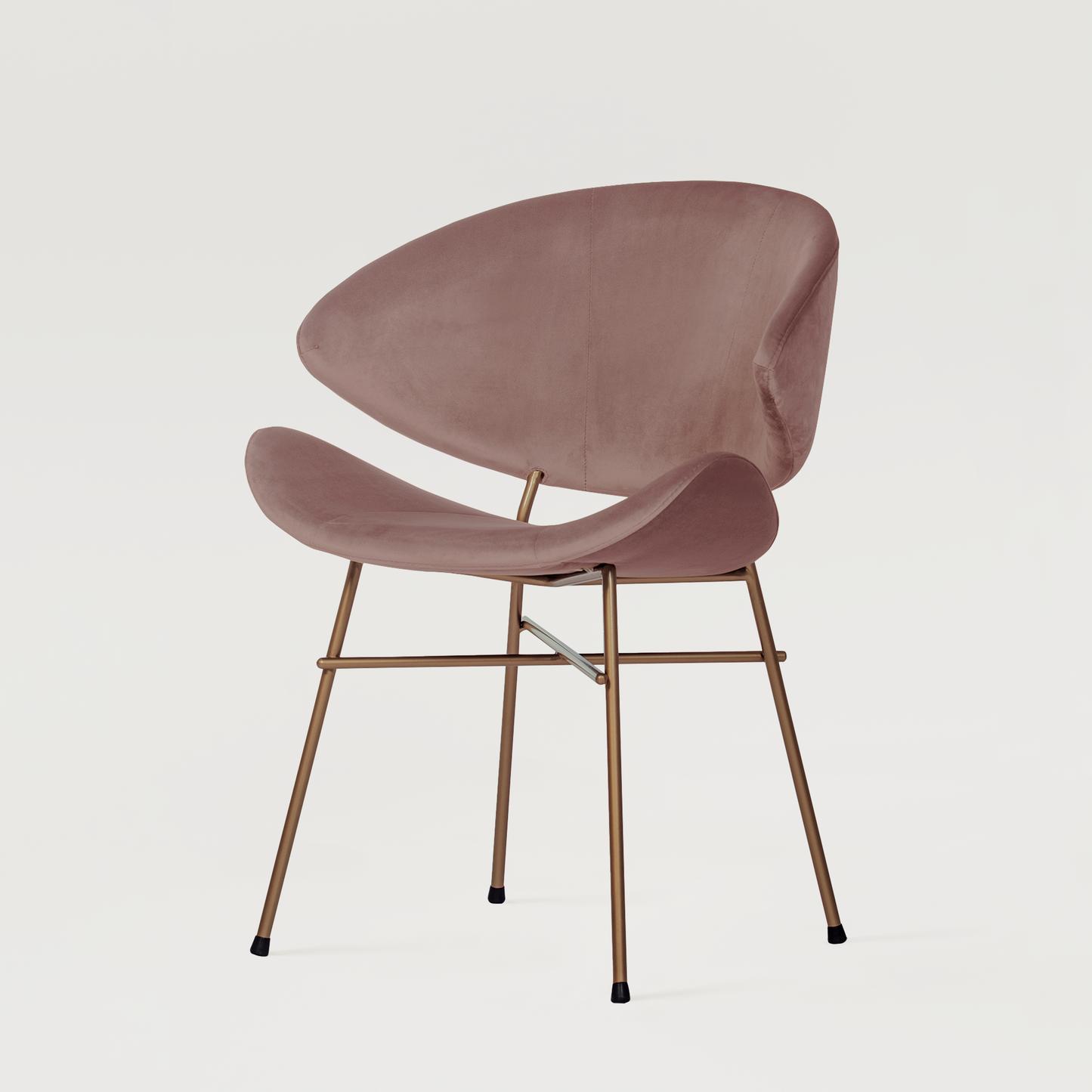
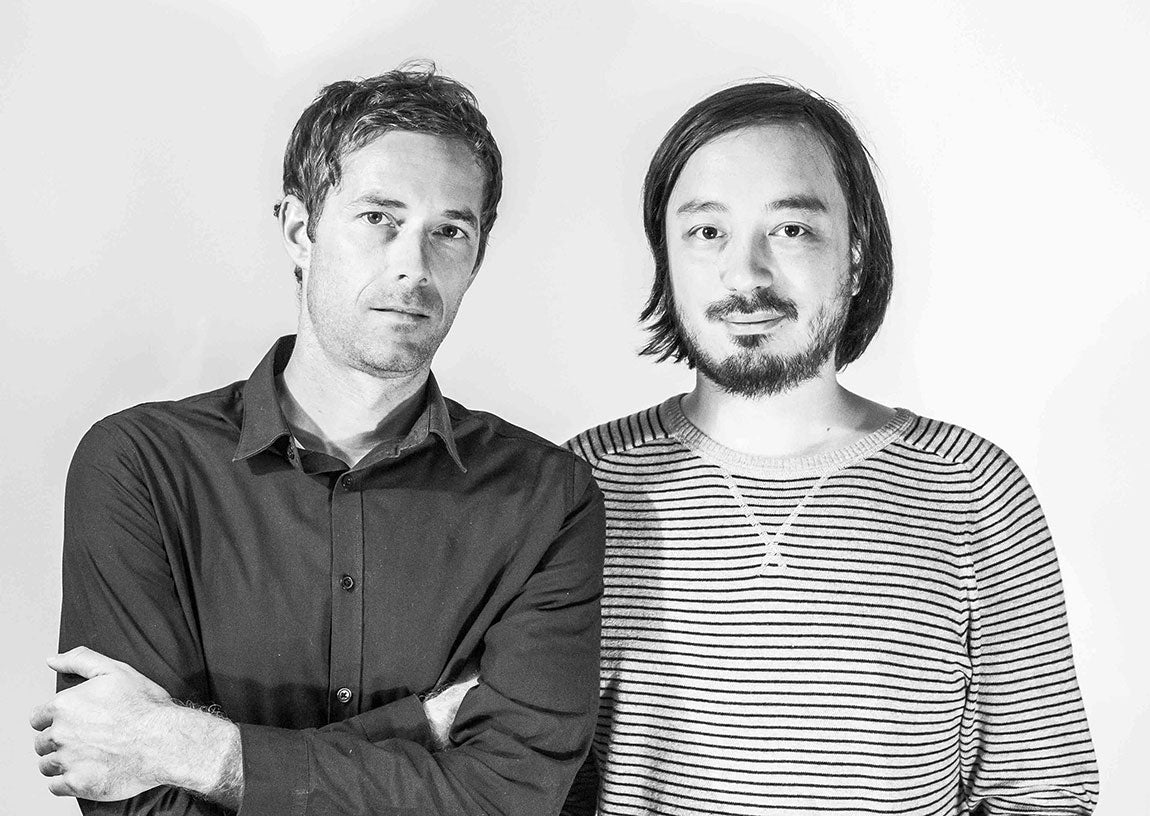
O projektantach
Studio WertelOberfell zostało założone w 2007 roku przez Gernota Oberfella (1975) i Jana Wertela (1976). Oboje studiowali wzornictwo przemysłowe na Państwowej Akademii Sztuki i Wzornictwa w Stuttgarcie. Ich studio mieści się w Londynie i Monachium. Obaj pracowali przez kilka lat w Ross Lovegrove Studio. Ich prace powstawały dla takich marek jak Sony, Yamagiwa, MGX by Materialise, Iker, BN Office Solution, DuPont Corian, Nowy Styl, Braun i innych. Studio WertelOberfell zdobyło także prestiżowe nagrody (m.in. Red Dot, Must Have, 3D Pioneers Challenge, Focus Open). Część ich prac była wystawiana w muzeach na całym świecie i znajduje się w stałych kolekcjach Metropolitan Museum of Art w Nowym Jorku oraz Victoria & Albert Museum w Londynie. Twórczość Jana i Gernota to połączenie logiki i doskonałości form organicznych. Optymalnie wykorzystują walory materiałów, procesów produkcyjnych i ergonomii.
